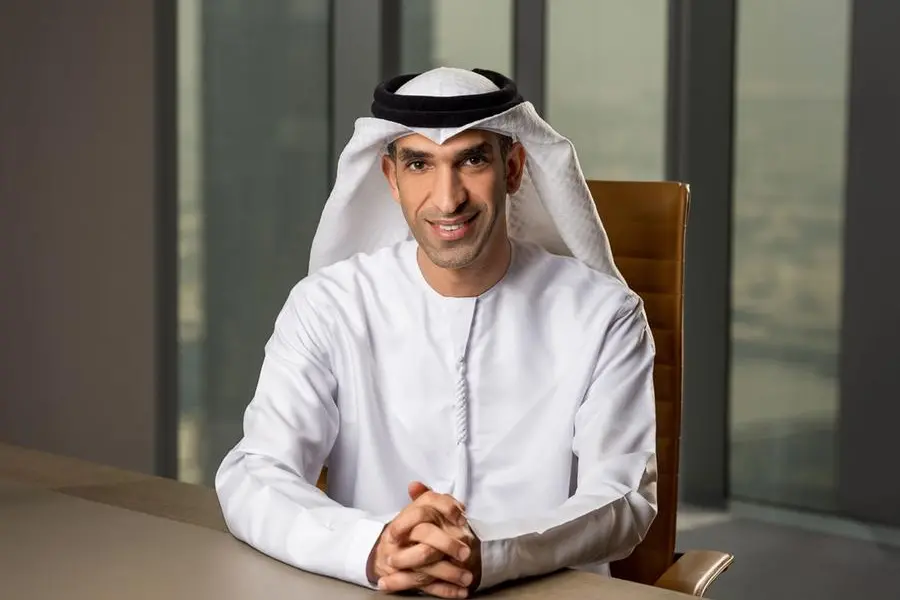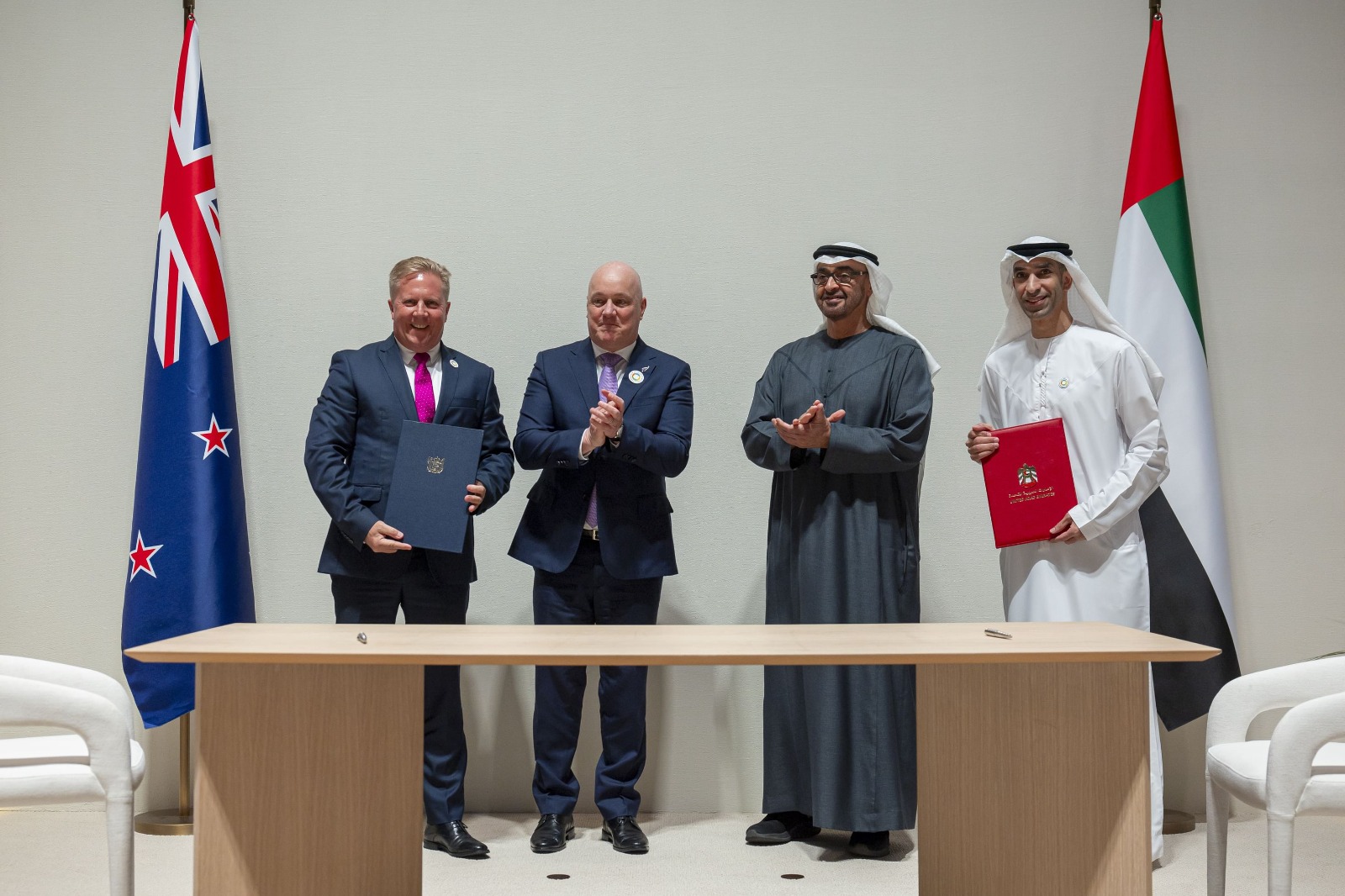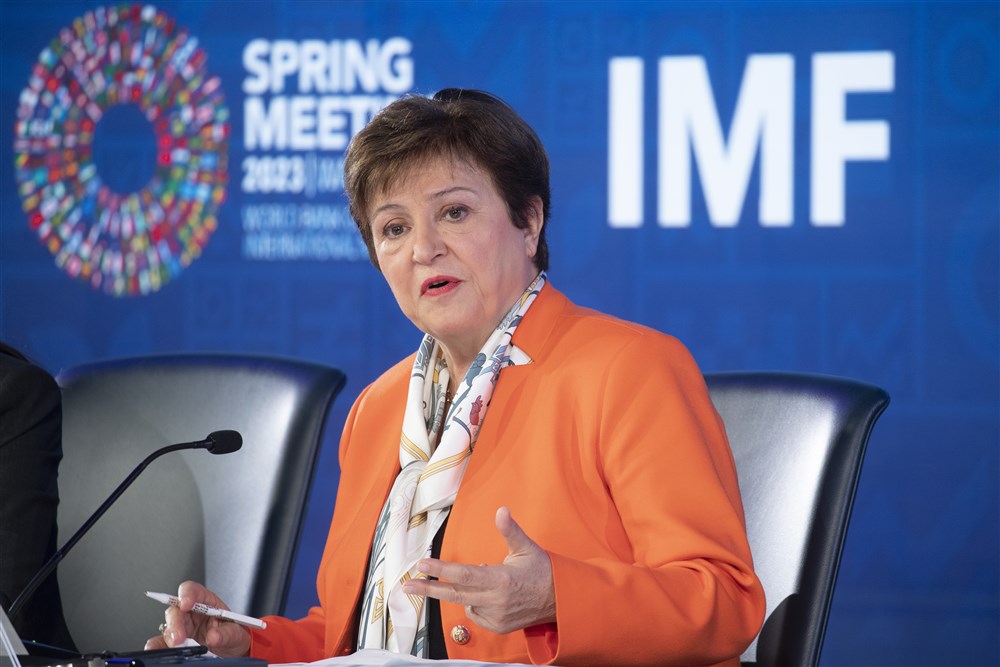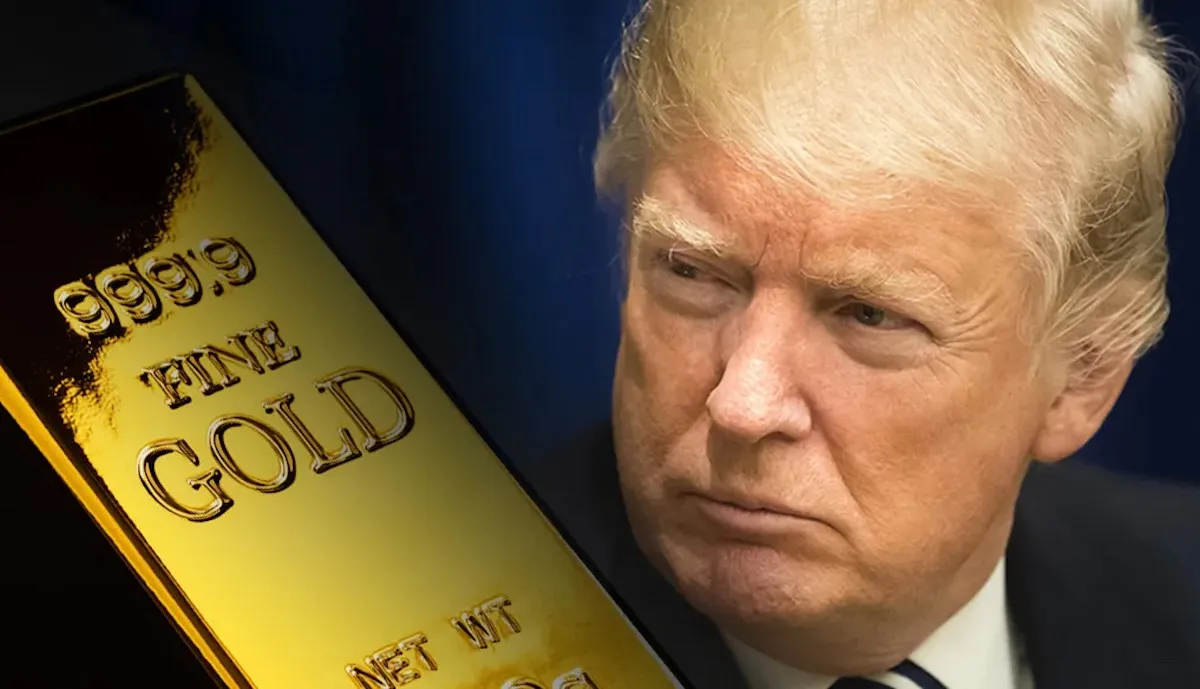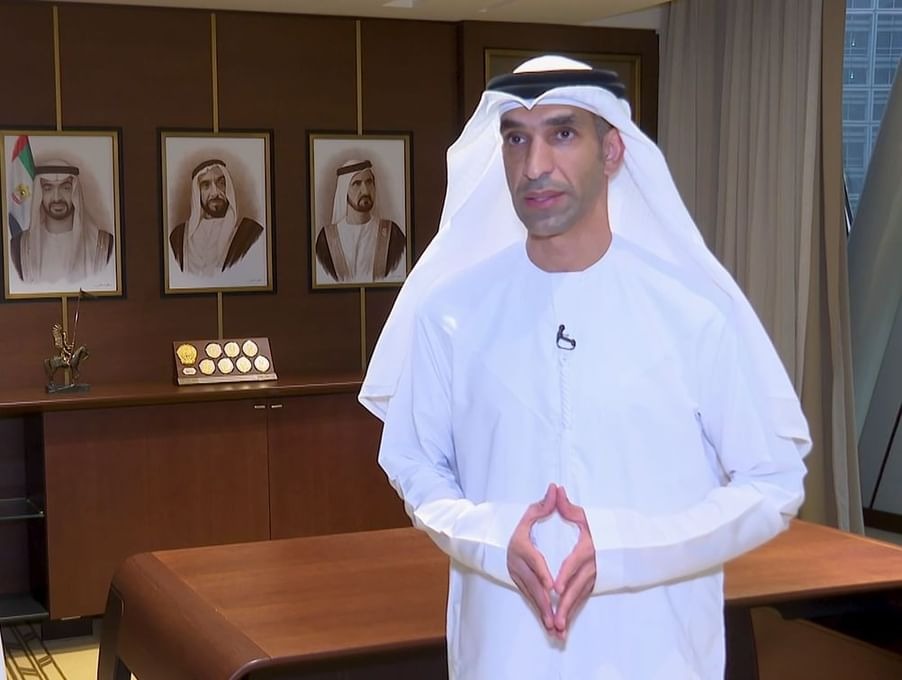
The UAE Minister of State for Foreign Trade, Thani bin Ahmed Al Zeyoudi, announced on Tuesday that the Gulf country will continue to expand its Comprehensive Economic Partnership Agreements (CEPAs) in 2025, according to state-run media agency WAM.
Trade agreements
The Foreign Trade Minister said that the agreements aim to strengthen rules-based international trade, drive sustainable development, boost investments, and enhance opportunities for trade in goods, services, and re-exports.
He explained that the UAE’s CEPA program is designed to expand the country’s commercial and investment partnerships globally, positioning it as a key gateway for non-oil goods and services as well as a global hub for business and investment.
Al Zeyoudi emphasized that the diversity of these agreements, coupled with the UAE’s ability to form valuable partnerships across five continents, significantly increases opportunities for various sectors and opens new markets.
He further noted that the agreements have already positively impacted the UAE’s foreign trade, particularly in non-oil trade, re-export services, logistics, clean and renewable energy, technology, financial services, green industries, advanced materials, agriculture, and sustainable food systems.
From the program’s launch in September 2021 through early December 2024, the UAE has signed 24 CEPAs with countries and international blocs, covering approximately 2.5 billion people, according to WAM.
UAE’s foreign trade
In August, official data revealed that the UAE’s non-oil trade surged by 11.2% in the first half of 2024, reaching an all-time high of $379.8 billion (AED 1.39 trillion). This marked the sixth consecutive half-year period of foreign trade growth.
Al Zeyoudi stated at the time that it is evident the CEPA program plays a central role in achieving these record results.
Non-oil exports increased by 25% year-on-year in the first six months, reaching $69.8 billion (AED 256.4 billion). The increase in exports was attributed to key sectors, including gold, silver, jewelry, oils, perfumes, aluminum, copper wires, and iron products.
The UAE is targeting $1.089 trillion (AED 4 trillion) in non-oil foreign trade by 2031.
Recent agreements
In October, the UAE and Vietnam signed agreements to bolster ties in trade, government development, education, economy, investment, scientific research, and logistics during Vietnamese Prime Minister Pham Minh Chinh’s visit to the Gulf country. These deals included a memorandum of understanding (MoU) on investment cooperation in innovation and financial centers between the UAE’s Ministry of Investment and Vietnam’s Ministry of Investment and Planning.
Earlier in October, the UAE and Jordan signed a CEPA to enhance bilateral trade and investment. The agreement, the first CEPA signed between the UAE and another Arab state, aims to accelerate growth in key industries, create job opportunities, and strengthen supply chains.
In September, the UAE and New Zealand signed a CEPA to create new economic opportunities for exporters and reinforce supply chains. The deal will eliminate duties on 98.5% of New Zealand’s exports, with that proportion expected to rise to 99% within three years.

